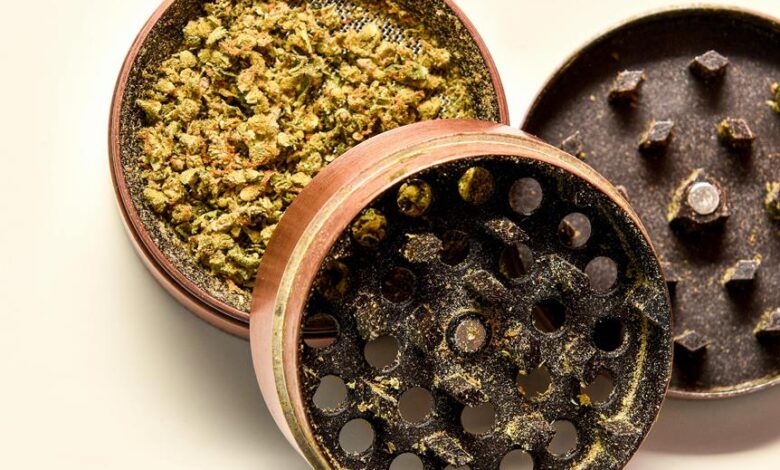Is CBD Isolate Water Soluble? Understanding the Chemistry

The question of whether CBD isolate is water soluble warrants a closer examination of its chemical properties. With a molecular structure that inherently limits its affinity for water, CBD isolate presents challenges in terms of bioavailability and effective absorption in the human body. Understanding the implications of its hydrophobic nature not only reveals potential hurdles for consumers but also opens the door to various methods aimed at enhancing its solubility. What alternatives might exist for improving the effectiveness of CBD isolate in practical applications?
CBD Isolate: An Overview
CBD isolate is a highly purified form of cannabidiol, typically derived from hemp, that contains 99% pure CBD and is devoid of other cannabinoids, terpenes, and plant compounds.
The benefits of CBD isolate include its potential for alleviating anxiety, reducing inflammation, and providing pain relief.
Common uses encompass dietary supplements, topicals, and formulations for those seeking the therapeutic effects of CBD without other compounds.
Understanding Water Solubility
The solubility of a compound in water plays a vital role in its bioavailability and efficacy, particularly in the context of CBD isolate, which is inherently hydrophobic due to its chemical structure.
Various water properties, such as temperature and pH, along with solubility factors including molecular interactions, significantly influence the extent to which CBD isolate can dissolve.
This, in turn, impacts its therapeutic potential and application.
Chemical Structure of CBD Isolate
Characterized by its molecular formula C21H26O2, CBD isolate features a unique arrangement of carbon, hydrogen, and oxygen atoms that contributes to its hydrophobic properties and influences its interactions within biological systems.
This molecular structure significantly impacts its chemical properties, limiting solubility in water while enhancing affinity for lipophilic environments.
Understanding these characteristics is crucial for applications within therapeutic and industrial contexts.
Implications for Consumption
Understanding the implications for consumption of CBD isolate hinges on its hydrophobic nature, which affects bioavailability and absorption when ingested through various delivery methods.
This necessitates careful dosage recommendations, as traditional consumption methods may yield suboptimal effects.
Strategies such as emulsification or incorporation into lipid-based formulations can enhance its solubility, leading to improved efficacy and a more liberated experience for consumers seeking the therapeutic benefits of CBD.
Conclusion
In conclusion, the hydrophobic nature of CBD isolate, dictated by its molecular structure, renders it insoluble in water, significantly impacting its bioavailability and therapeutic potential.
Traditional consumption methods may not optimize absorption, necessitating alternative approaches such as emulsification and lipid-based formulations. These methods enhance solubility and efficacy, thereby improving the consumer experience.
Understanding these chemical properties is crucial for developing effective delivery systems for CBD isolate in various applications.




